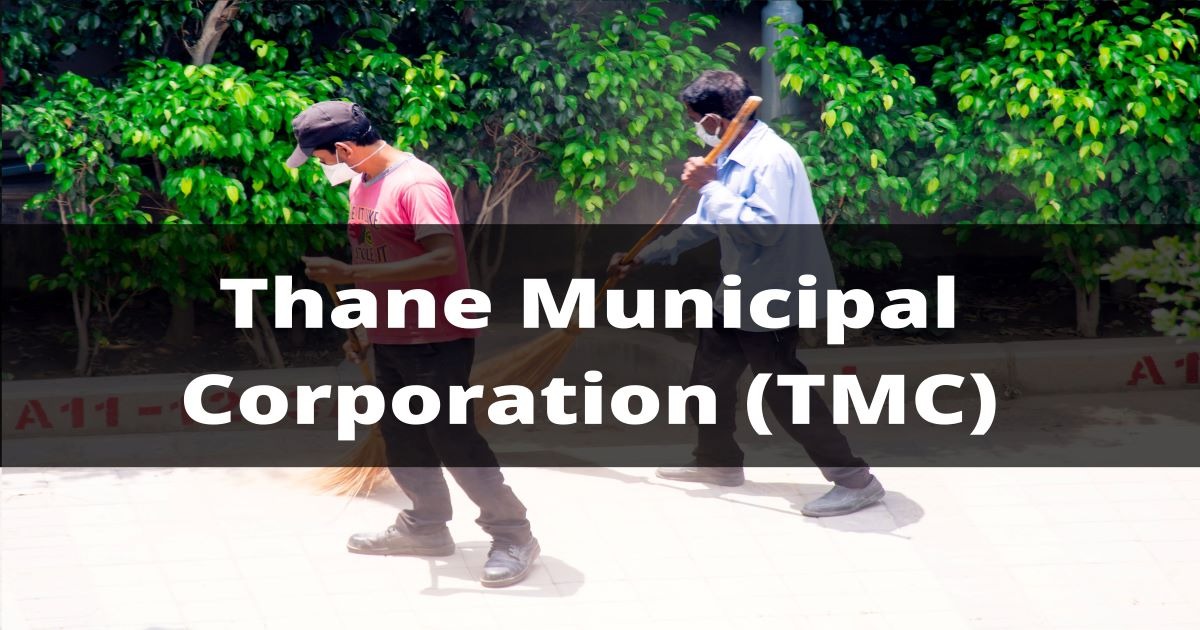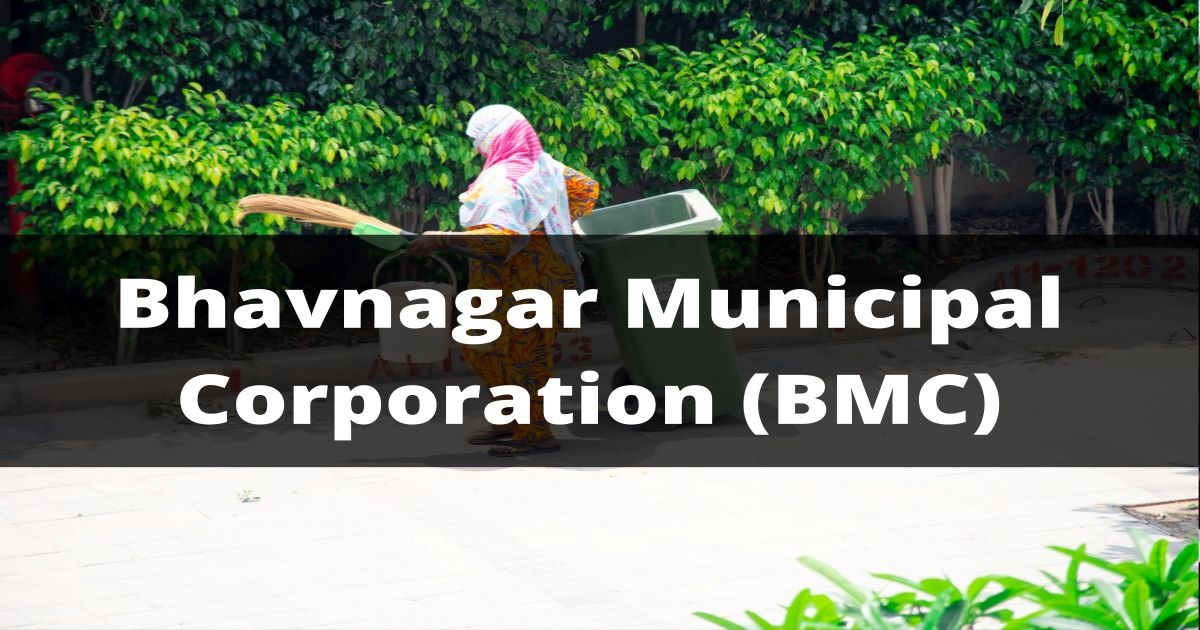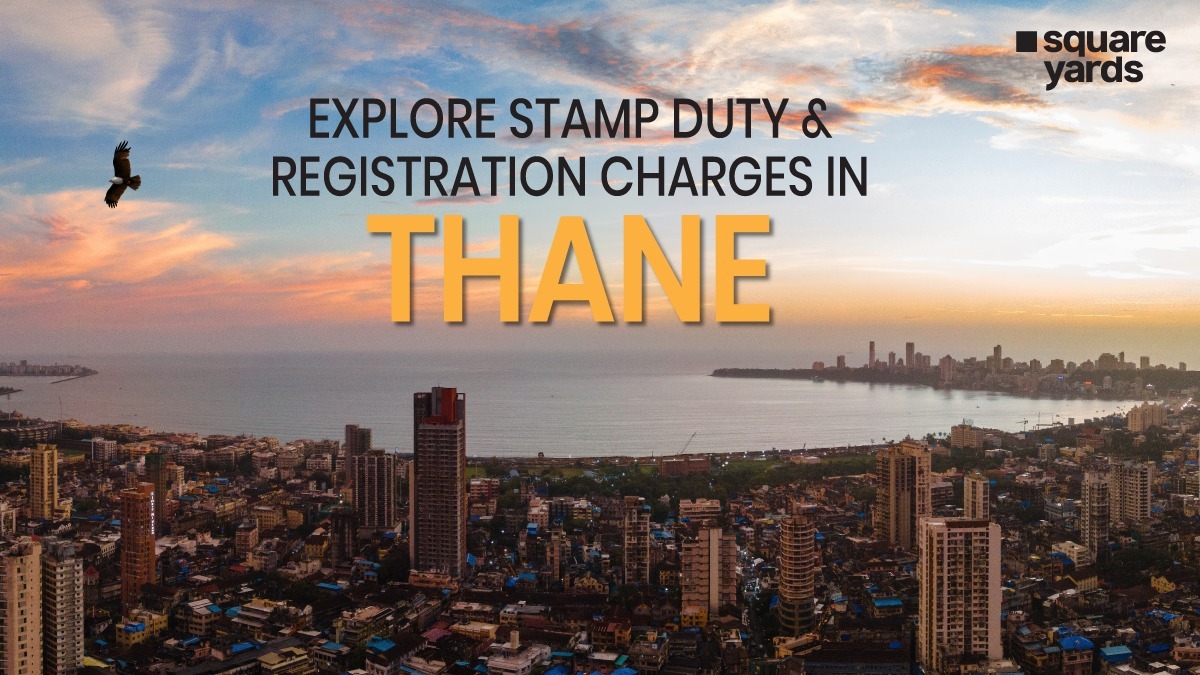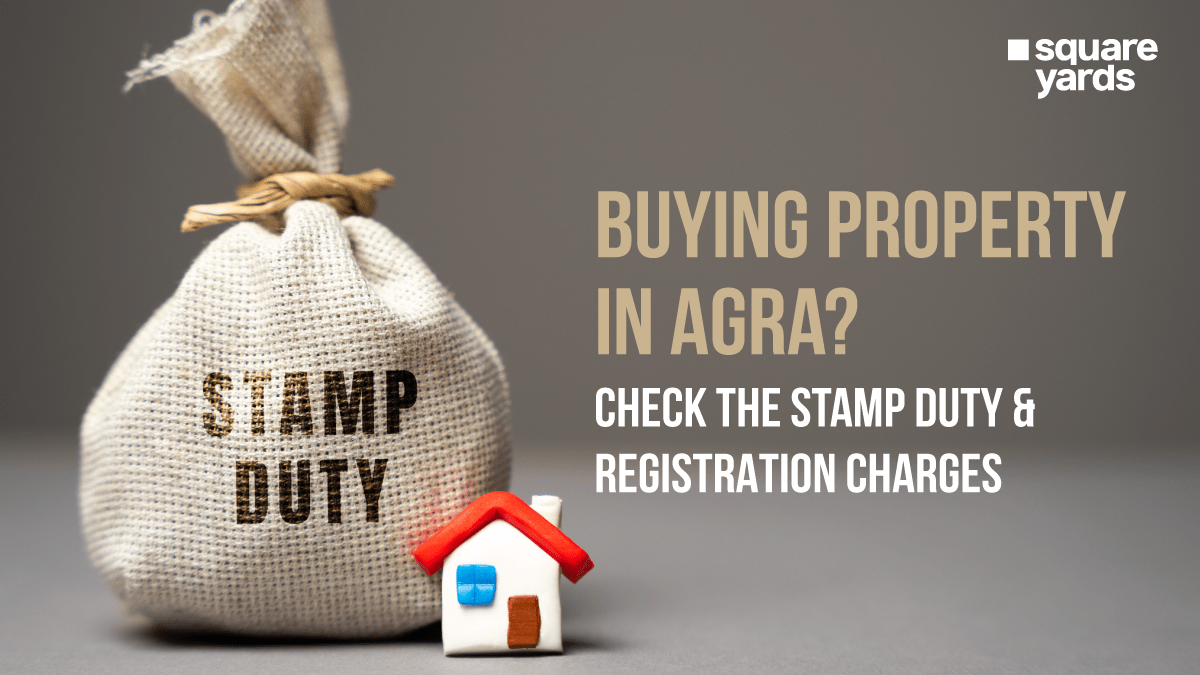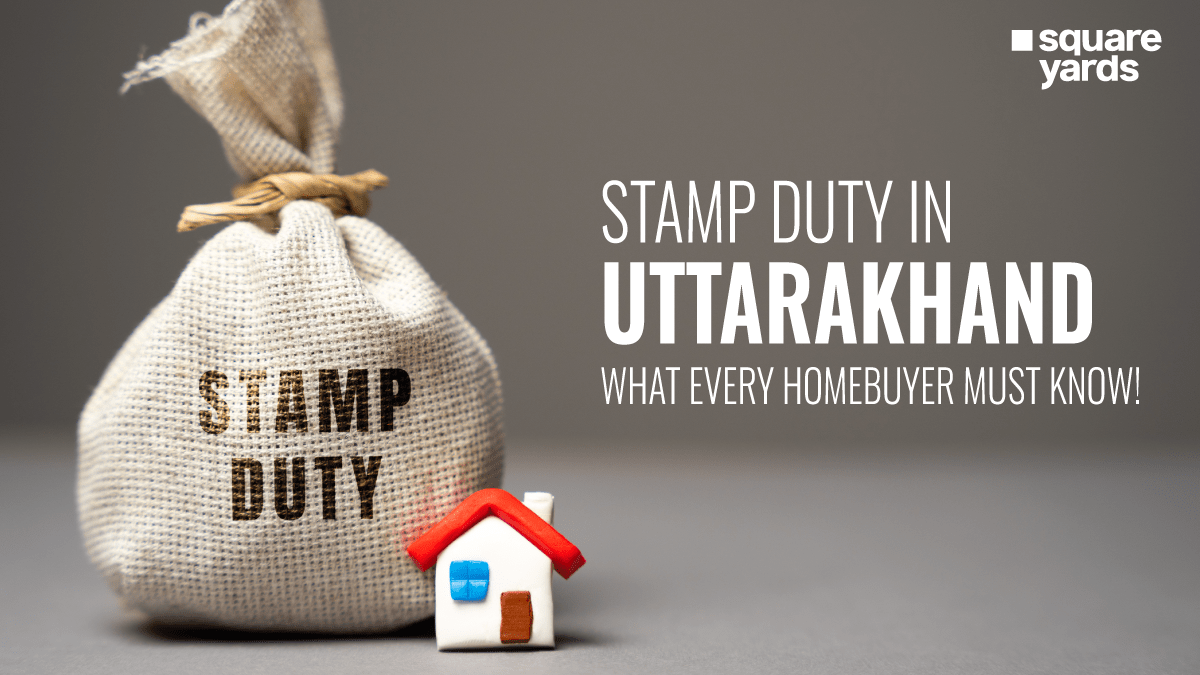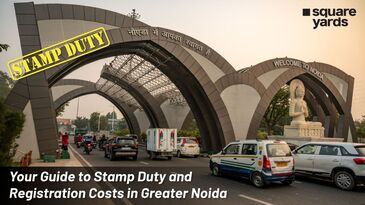1.Letter of Administration Meaning
A person is considered to have died “intestate” if they die without leaving a will. In such instances, the Court appoints an administrator to administer the deceased person’s assets by granting a Letter of Administration (LOA).
An LOA is a court order and not a letter that allows a personal representative to act on behalf of a person’s estate who has died without writing a will.
Issues must be resolved when a person dies without a valid will. The issues can be:
- Disposition of the decedent’s possessions
- Estate taxes payments
- Settlement of debts and claims against the estate
- Distribution of an estate’s assets to heirs who are lawfully entitled to them
All of these issues must be handled by the administrator who has been appointed. Other than the legally appointed administrator, no one else has the authority to act as the deceased’s representative.
If the estate merely has movable assets, a Succession Certificate is usually required. If the estate has immovable and moveable assets or exclusively immovable assets, the court will need to issue a Letter of Administration. LOA is also necessary to operate the deceased’s bank lockers.
If the deceased has left money as a gift, assets may need to be sold to get the money. If the deceased was a joint tenant for a property, regardless of whether there is a will or intestacy rule, the property immediately goes to the surviving tenant. As a result, the joint property is not counted among the deceased’s assets. If a property is co-owned by having a share in it, the share will be passed down to the beneficiaries as part of the assets.
2.What Is Letter of Administration
A statement issued by the Court is referred to as a “letter of administration.” It is a legal document that establishes your ability to manage another person’s estate. Courts are frequently requested to rule on the administration of a decedent’s estate. People usually specify how their estate will be distributed through a will, which generally names an attorney to execute their wishes. However, if they fail to do so or the executor listed in the will is either unable or unwilling to serve, the court will appoint an administrator. Letter of administration is used to make this appointment.
The court will issue a letter of administration and appoint one of these people as the administrator: the deceased person’s children, spouses, uncles, aunts, sisters, brothers, parents, nieces, nephews, or other blood relatives.
Even if the deceased leaves a legal will naming an executor, there is no guarantee that the executor will carry out the duties. To avoid such situations when the executor is ill and unable to carry out the obligations outlined in the will, the Will frequently includes an alternate executor’s name. If the named executor is also unable to serve and no other executor is available, it is time for the court to step in and appoint an administrator.
Until a permanent special administrator is appointed, the court may choose to assign a temporary administrator. This person is given only limited authority over the decedent’s property.
After being appointed as an estate administrator, a person can undertake the following:
- Get a federal tax identification number for an estate.
- Open a bank account for your estate.
- Inquire about the decedent’s assets from banks and other financial institutions.
- Pay the decedent’s debts
- Collect the decedent’s claims
- Change the decedent’s assets to the estate’s name.
- Protect the estate’s assets.
3.Person Eligible for Grant of Letters of Administration
Only those who are related to the deceased can serve as administrators. The decedent’s spouse is given priority, followed by children, grandchildren, parents, siblings, and so on. If the death was of a Hindu, Muslim, Buddhist, Sikh, or Jain, or an exempt person, their estate might be administered by anybody who meets the following criteria:
- If numerous people apply, the Court will use its discretion and apply rules for the estate’s distribution.
- If no one applies to the deceased’s creditor.
- If none of the above applies, administration of will may be granted in the following sequence to those who are related to the deceased by marriage or consanguinity-
- In the event of the wife’s death, the husband will be appointed unless she is disqualified for reasons such as insanity, adultery, or lack of interest.
- If there is no widow, the estate will be distributed to someone who would be beneficially entitled under distribution laws. If one of these people is the deceased’s mother, she will have sole authority over the estate.
- Those who are related to the deceased in a similar degree are also eligible for administration.
- It cannot be granted to anyone under the age of 18 or who is mentally ill.
Revoking of LOA
A Letter of administration issued to an applicant can be revoked if a Will is found later. If the Letter of administration of will is revoked, the possessions of the dead vested under the LOA are declared void if they are still in possession of the LOA beneficiaries. Following the probate approval, such beneficiaries would be obligated to restore the properties to the executor of the found Will.
- The beneficiary under the LOA, which has sold their interest in a property to a third party, has made a legal transfer that cannot be revoked by law.
- The property vested in the third party cannot be claimed by the executor or beneficiary of the revealed Will.
- Similarly, if it is discovered after the Will was destroyed or converted by the beneficiaries, they will not claim the property.
- If someone contests the claim, for example, by producing a new will, the only method for that individual to acquire any part of the estate is to file a petition to cancel the Grant of Probate (or Letter of Administration).
The Personal Representative of an estate with a valid Will is known as an Executor. The main difference is that because an Executor is specified in the Will, they have power from the moment of death. Until the Supreme Court appoints an Administrator and issues a Letter of Administration, there is no administrator. One practical distinction is that if you make a Will, your Executor can use estate funds to pay for particular pressing needs, such as a burial.
Beneficiaries may file a complaint with the Supreme Court if the executor fails to act diligently. This is a beneficiary’s only right before distribution. Until the executor transfers the estate, the recipient does not own the property. In this sense, the executor holds the estate in trust for the beneficiaries, and the executor is considered the “owner” of the assets before distribution.
4.Letter of Administration Procedure
The District Judge can provide you with a letter of administration in India.
- The applicant must submit a petition for the granting of an LOA.
- The information necessary by law will be included in the petition-such as the cause of death, remaining legal heirs, beneficiaries, asset description, and the claimant’s right.
- All essential documents of the deceased individual must be submitted, including a death certificate, proof of identity, ration card, Aadhar card, property documents, proof of relationship, and an original will if one exists.
- All legal heirs’ documents, such as Aadhar cards and ID cards, must be submitted.
- Following the filing of the petition, the District Judge will review it and send notices to everybody who could be interested in the property of the deceased.
- If all of the relevant conditions and legal features are met, the court may award the petitioner a letter of administration.
The administrator is the legal agent of the deceased person’s estate and all of their belongings. Before granting a letter of administration and probate, the court sends a legal notice to the heirs so that if they have any objections, they can file a complaint. Or they can take the help of the lawyers for solving the disputes.
The right to get a letter of administration and the terms under which it is granted-
- If a deceased person does not leave a Will, a letter of administration without will in India is issued.
- The administrator is the deceased person’s legal representative, and all of the deceased person’s assets are vested in him.
- In circumstances when the Will is present, but no executor is named.
- No one other than the person to whom a power of attorney has been issued has the authority to sue or prosecute any matter on behalf of the deceased.
- If the appointed executor refuses to act, or if the executor dies.
- Any conduct by the administrator that causes the intestate’s estate to be diminished or damaged will be invalidated.
Legal requirements, tax, and financial activities are frequently involved in this process, which can be divided into the following sections-
- Establishing Estate accounts, tracking all estate-related payments, and displaying the remaining balance for distribution to beneficiaries.
- Sending the Estate finances for approval to the Personal Representatives
- Determining who is entitled to the estate according to the terms of the deceased’s Will. Alternatively, if they die without a Will, collecting the requisite identification certificates for the beneficiaries is necessary for compliance with Intestacy rules.
- Identifying the deceased’s assets and liabilities such as loans, debts, property, investments, possessions to figure out how much their estate is worth.
- Completing and submitting the proper Inheritance Tax return, Inheritance Tax, if applicable, to HM Revenue and Customs
- Requesting a Grant of Representation from the Probate Registry, which is a document that confirms the legal authority to the administration of an estate.
- After the Registry has issued the Grant of Representation, Liquidating the deceased’s assets, clearing their liabilities, reporting any additional Inheritance Tax to HMRC, paying the final Estate administration charges, and any Income Tax or Capital Gains Tax due to or from the Estate.
- The beneficiaries’ assets will be transferred in the final step, dispersing the Estate’s remaining funds.
5.Valuation of Property for LOA Purpose
The type of property claimed determines how much it is worth for probate purposes.
- If the property is movable, such as stocks, shares, you must calculate the value of the share-based on the application’s filing date.
- If the property is immovable, such as a flat or land, you must obtain the current government valuation of the property.
A property valuation is an estimate of the value of your home based on its location, condition, and a variety of other variables. A property’s value can be used to determine a fair price for a plot of land, a factory, or a building. A government-approved valuer can perform a property valuation.
To submit the report to the probate register, you will require a probate valuation of the property. You can hire an official professional valuer to file a petition for probate of a will, or you can do it yourself using a government online portal.
6.How to get letter of administration
The beneficiary must appeal to the court for a letter of administration. After the attorney has filed the Petition for Administration of Estate no Will, together with the original death certificate, affidavit of heirship, affidavit of due diligence, and other documents, your candidacy for the Letter of Administration will be considered upon hearing in the Surrogate’s Court. The following information must be included in the letter of administration application:
- Testament and the writing which was annexed with his last statement
- The sum of assets will most likely end up in the petitioner’s possession
- The date of death of the testator
- Name of the executor as per the Will
The court will accept your application if it is complete and error-free and will issue the letter of administration. This implies that you will be able to manage the estate of the deceased person. Your application will be rejected if there are any errors or missing papers, or it will cause a delay in receiving the letter of administration and letter of probate.
A requisition letter may be sent to you if the court discovers a problem with your application. In this instance, the matter must be resolved, or the application must be re-filed. If you require assistance in responding to court inquiries, you can seek expert assistance.
If you do not respond to the court’s query, your application may be dismissed, and you will have to request the court and restart the procedure if necessary.
The cost of the letter of administration includes both lawyers’ costs and the court fee. Letter of administration court fees are said to be 5% of the assets claimed in the will. In India, this may vary depending on the asset type and city type.
The Competent Probate Court issues a letter of administration to appoint qualified persons to administer a deceased person’s property. Letter of Probate and Letter of Administration are the primary documents used to validate the rights of a deceased person’s estate. A Letter of Probate or a letter of administration serves a considerably larger purpose than a Succession Certificate. A succession certificate facilitates the acquisition of securities and debt rights. In contrast, a grant of letter of administration or probate is required for the acquisition of assets and immovable property rights
You Might Also Like
Frequently Asked Questions (FAQ’s)
How do you get letter of administration?
The beneficiary has to apply to the court to obtain the letter of administration. Upon receiving satisfactory proof of valid execution, the court will issue the letter of administration to the asked beneficiary. Your lawyer can also provide you with peace of mind by ensuring that you are protected. As with many other Wills and Estates procedures, they assist you with all aspects of the Letter of Administration process, such as :
Ensuring the approval of the court
Making your application public
Ensuring your notice of intending application is posted on your state’s Registry website.
Completing the paperwork
Drafting every piece of paperwork or assisting in the process which the court requires and is quite a time-consuming process
Completing and signing your application
Filling up an application and submit it to the court
Publicizing your successful application
Serving as formal witnesses for you
What is the difference between probate and letter of administration?
The most significant distinction between probate and letter of administration is that probate is issued to the executor named in the Will. On the other hand, beneficiaries receive a letter of administration after applying with the court.
Who can apply for letters of administration?
According to the rules of the intestate, the person who can inherit the most is usually responsible for requesting the grant of a letter of administration. This is usually the deceased’s spouse or civil partner. A family member can apply if the deceased person does not have a spouse or partner. Letter of administration can be applied by deceased person’s children, spouses, uncles, aunts, sisters, brothers, parents, nieces, nephews, grandparents or other relatives.
How long does a letter of administration take?
It usually takes 4-6 weeks from the time you submit your application for the letter of administration to obtain the documents. If there are any issues, the time frame may be extended. You’ll need to terminate accounts, sell property, and distribute assets to beneficiaries according to intestacy rules. This will occur once your application has been approved and your probate and letter of administration have been given out in the mail. This process can take anywhere from 3 to 12 months, depending on the number of accounts in the estate and the number of properties that need to be sold or transferred, if any.
What can you do with letters of administration?
After receiving the Letter of Administration, the administrator must carry out their responsibilities. You have the option of distributing the estate among its beneficiaries. You need to pay any outstanding taxes and clear off all debts. When the executor receives the court’s letter of administration, the duty is to acquire all of the Estate’s assets, settle the Estate’s liabilities, and keep accurate records of the Estate. If necessary, on obtaining letter of administration, the executor and administrator will now be able to sell or transfer the deceased’s property.
If the deceased had a taxable income when they died, A tax return should be filed with the Taxation Office, and the projected tax debt or credit should be mentioned in the list of assets and liabilities. If an estate’s administration continues for a long time, the estate may become a tax-paying entity.
A final GST return should be filed and paid until the date of death if the deceased was enrolled for goods and services tax (GST). Accounting counsel should be obtained if a business is continuing following the death of an owner or partner.
What happens after letters of administration are granted?
Once probate is completed, the solicitor has the legal authority to administer the estate of the deceased property, money and possessions. You’ll get a grant of probate if the person left a will; if there were no will, you’d get a letter of administration.
After receiving your grant of probate or letter of administration, the first thing you should do is submit it to any financial institutions where the descendants had an account. Banks, mortgage, and insurance companies, for example, would normally refuse to release payments until you have this certificate. All liability and asset holders should get copies of the grant of probate along with a request to release funds. Closing bank accounts and paying life insurance or government pensions are all things that need to be done. If the estate is to receive a considerable sum of money, a grant of probate is required before the cash can be distributed.







